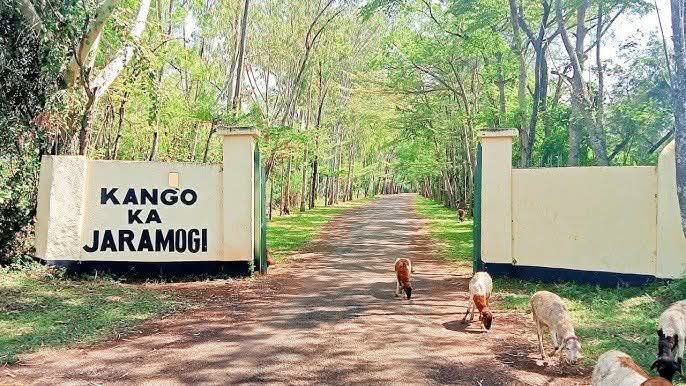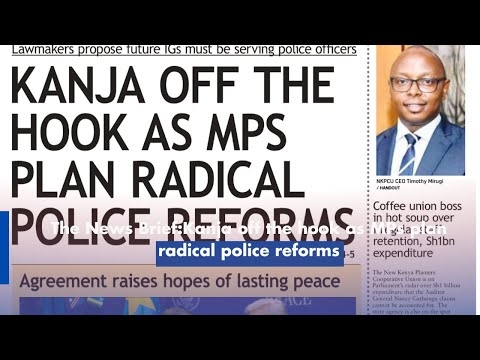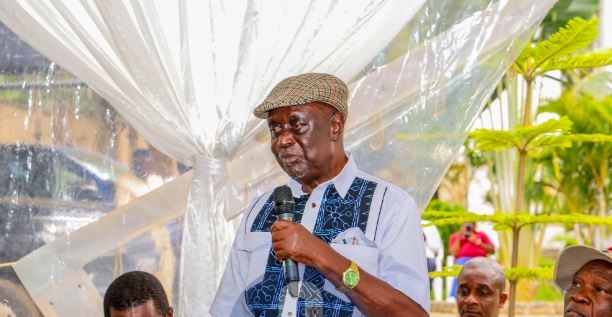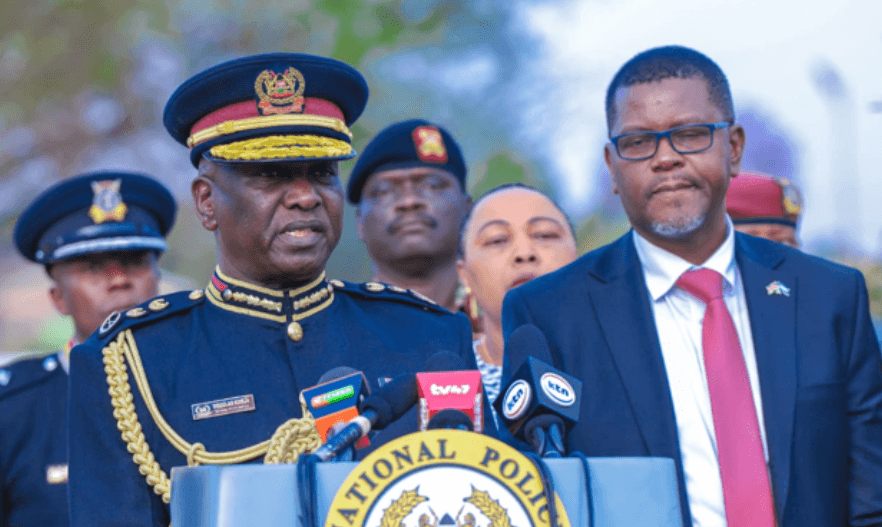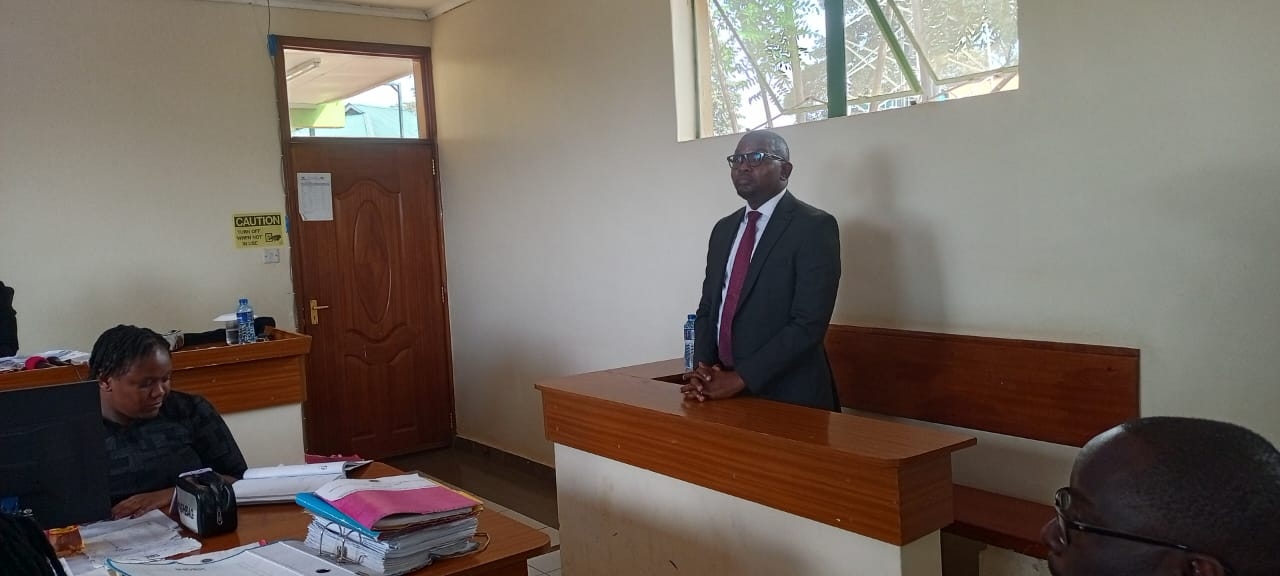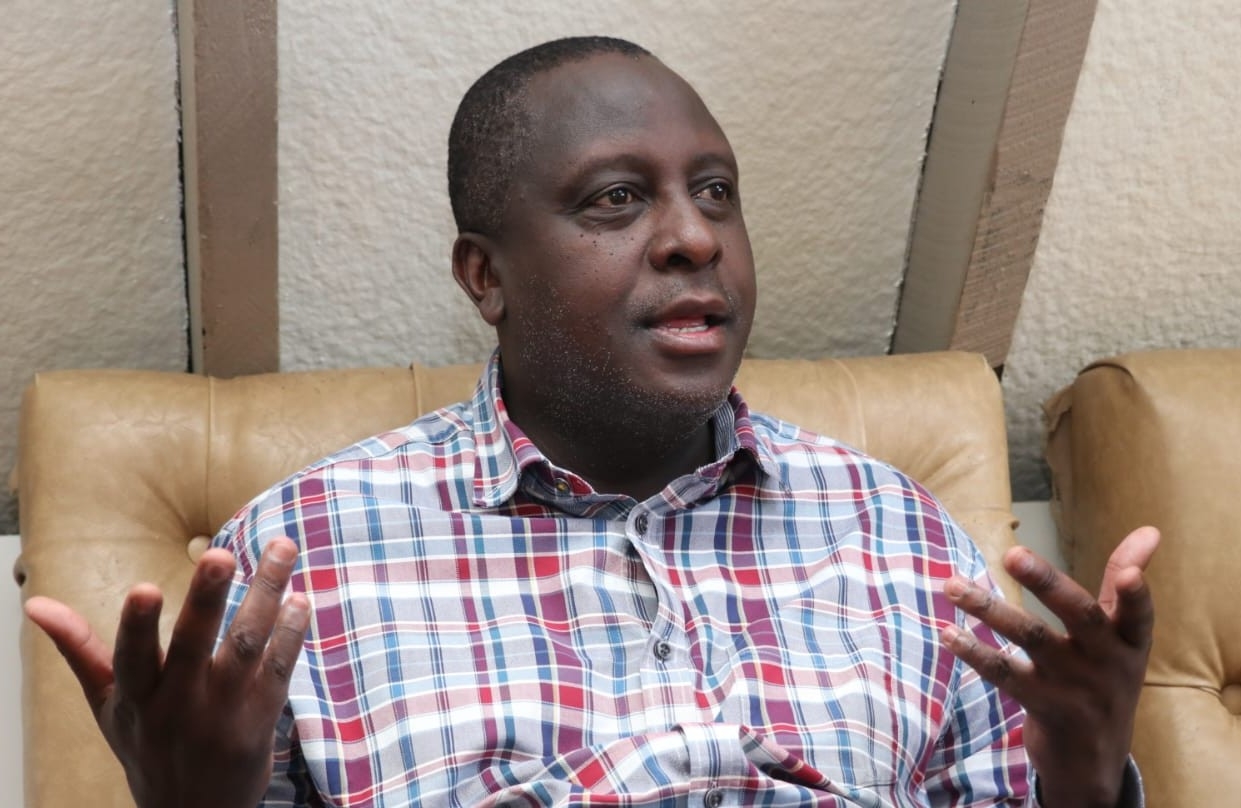With the ongoing revolution that has seen the youthful population occupy more than the Parliament buildings and reject the Finance Bill 2024, there has been a growing online buzz that has sparked sentiments from different people across Africa and beyond.
Popular TikToker Maame Adwoa, known to many as “Alexard”, in one of her videos said as an African, it is important to educate oneself everyday on what is going on across the continent.
“Every week, an African country is struggling and it is not even propaganda but facts,” she said.
She talked about the ongoing tension in the country as the youth are hell-bent on correcting the wrongs of those who came before us.
“Make it a habit to educate yourself and speak about these things because it is important,” she added.
I couldn’t agree more.
We held a Shujaaz concert in memory of the fallen heroes who lost their lives during the protests and even wore white and took to the streets in support of medics.
I have never seen so many Kenyan flags in one place like the I saw at Uhuru Park.
As Kenyans, we even brought our President on X space, even though a number “couldn’t fetch space”, and got a chance to voice our concerns instead of appointing leaders, which again we do not have, to go speak on our behalf in State House behind closed doors.
But again, was everything said?
We made it clear that our revolt started online and hence we will use the same platforms to express ourselves.
The President even fired his entire Cabinet except for the Office of the Prime CS and Deputy President that were not affected.
I know some people might not be knowing this but it is up to us to keep up with what is going on in our very own continent.
In Maame Adwoa’s words, it is Africans who come through for Africans.
Nigeria, Tanzania and even Uganda have joined the chat.
Ghanaian leaders are taking notes.
Yes, this is what I love to see.
I believe what we are doing has served as a wake-up call to other young people across the African continent that it is possible to do away with bad governance, call for accountability and even spur change within our countries.
A couple of my friends from across Africa and beyond have been reaching out to find out if I am okay and safe as well as check in on what is currently going on in the country.
Sara, a mentor and friend who hails from Egypt, reached out in a common group, and we equally had a side chat where she reminded me of what happened in Egypt in 2011.
For context, on January 25 that year, young people were mobilised through Facebook to protest against the death of one Khaled Saeed, who was beaten to death by police.
The interesting thing about that specific date is that it was a holiday where police work was being honoured but the Egyptians were not happy with the increasing rate of police brutality under former President Hosni Mubarak’s regime.
It was very deliberate.
The 2011 Egyptian revolution started out with marches, demonstrations and civil resistance, which lasted for 18 days.
Their grievances? Police brutality, high unemployment, low wages, inflation of food prices, electoral fraud, lack of political freedom and freedom of speech, and even corruption.
The Egyptian revolution was inspired by what was happening in Tunisia, where the Tunisian people toppled a 23-year standing dictator following weeks of protests.
I know some might remember it as the ‘Arab Spring’.
The then Tunisian President Zine El Abidine Ben Ali fled to Saudi Arabia via Malta and subsequently resigned from power after being ousted.
You can read more on what transpired in the two nations, and I believe there are some lessons to be learnt.
“Thousands were killed and injured and sent behind bars. We thought we won when he stepped down. Little did we know, we fell back into the hands of the soldiers,” Sara tells me.
“They just made us think we won. I wrote a paper about this before and how they used social media as a propaganda tool to influence the youth, lure the masses, and divide and conquer.”
I have read her paper, which is very insightful: Social media as a government propaganda tool in post-revolutionary Egypt. And I would advise you to take time and read it.
Education is elevation.
We got a chance to even delve into how politicians seem to be hijacking Kenya's peaceful protests for their gain.
In my discussion with Sara, I realised that as a people, we hold so much power.
In Egypt, there were people who were arrested, detained to a point where they were even facing a military tribunal, but they did not relent. People died but they did not relent until they got what they wanted.
In Kenya, we are still witnessing abductions and arrests of youthful people.
At the end of the day, we need to realise that it is impossible for them to abduct and kill all of us.
Until we see change, let’s keep fighting for that change.
Africa is watching and learning.



